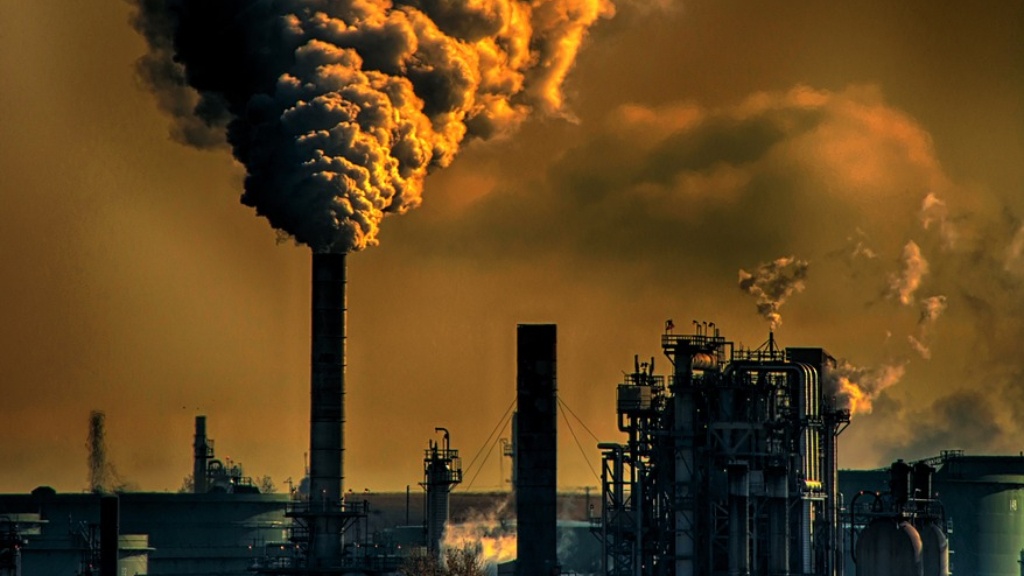The world is facing an unprecedented climate crisis, with the threat of global warming becoming increasingly evident. The only way to avert the most catastrophic consequences is to take immediate action and make our planet a more sustainable place. Stepping up to the challenge means understanding how our actions on a global level can combat climate change and protect our planet’s future.
To start, it’s worth noting that some methodologies are more effective than others. Renewable energy and clean energy sources are vital to reducing emissions, but the majority of countries are currently still relying heavily on fossil fuels. International bodies such as the G7 and the Paris Climate Accord could start to focus more on renewable sources, such as wind and solar, so that these can be more broadly utilised.
It is also worth considering the implications of different land-use strategies. Two paradigms that have gained considerable attention in recent years are reforestation and afforestation. Reforestation is the restoration of previously forested land, while afforestation is the planting of new trees and shrubs in areas not previously forested. There is evidence these techniques could be beneficial, as trees and vegetation absorb carbon dioxide and produce oxygen.1 The idea of urban forestry is also worth exploring, which is the notion of planting trees in urban areas to reduce heat and pollution. This idea has been implemented in various cities across the world and seen as a success, so it could be further rolled out in other areas as well.2
Developed nations should also look at their own policies and the incentives they are providing to other countries. For instance, the US has been vocal in wanting to make sure indigenous communities are allowed to benefit from the economic gains of oil and gas extraction. Additionally, the US government has been open to the idea of encouraging green energy solutions in developing countries, with certain financial contributions made in order to increase its usage.3
Furthermore, the corporate world has an important role to play. Companies need to become more proactive about reducing emissions and encouraging green initiatives. This could include introducing electric car fleets, switching to more renewable energy sources and implementing sustainable planning solutions. The concept of ‘greenwashing’ should be discouraged, which is when companies present themselves as environmental-friendly despite not taking action to reduce their emissions.4 This means that corporate entities should be transparent and open about their environmental practices.
Finally, individuals should take responsibility as well. This can start with everyday decisions like recycling and cutting back on water and electricity usage. Additionally, people could attempt to reduce their meat and dairy consumption, as the livestock industry emits large (and often unaccounted for) amounts of methane. There is also research to suggest that even small lifestyle-level changes can have a significant impact in the long run.5
Clearly, there is a need for collective effort to reduce global emissions and address the threat of climate change. International bodies, governments, corporations and individuals all need to take responsibility and start tangible steps to make our planet more sustainable. These steps are achievable and can start immediately, so the needed change must not be deferred any longer.
1. Schwartzman, S., Gomes, A., & Nepstad, D. (2009). Appraisal of Amazonforest degradation and loss of ecosystem services due to climate change, biofuel expansion and land use policy. The Royal Society.
2. Urban Forestry Fact Sheet. (2016). Retrieved 25 November 2020, from https://www.epa.gov/greenercities/urban-forestry-fact-sheet
3. How the US is Investing in Clean Energy Solutions for Developing Countries. (2020). Retrieved 25 November 2020, from https://blog.globaluniversityventuring.com/global-overview/investing-in-clean-energy
4. What is Greenwashing, and How Can We Stop It? (2020). Retrieved 25 November 2020, from https://www.sustainability.vic.gov.au/articles/what-is-greenwashing
5. Lifestyle-level actions are most effective in mitigating climate change: research. (2020). 10 October. Retrieved 25 November 2020, from https://www.sciencedaily.com/releases/2020/10/201010145427.htm



